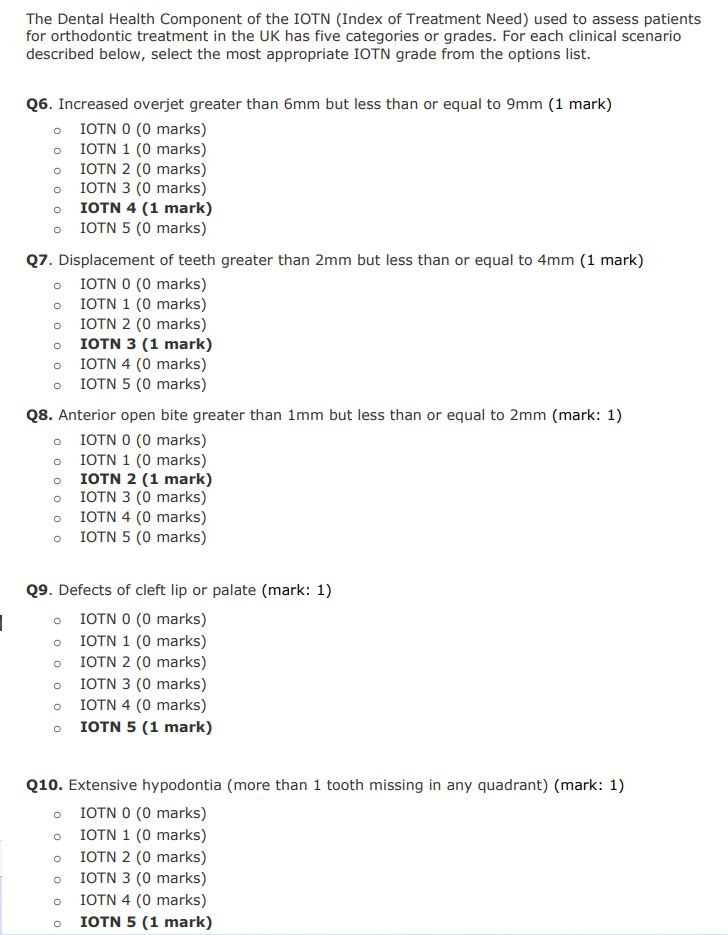One of the significant challenges candidates face during the ORE Part-1 exam is the variety of question types presented to them. Many candidates waste valuable time attempting to solve these questions, often resulting in incorrect answers. This issue is not necessarily due to a lack of subject knowledge but rather a misunderstanding of how to approach these specific question types.
Most international candidates are typically experienced with Multiple Choice Questions (MCQs) or Single Best Answer (SBAs) questions. However, a unique question type they encounter in the ORE Part-1 is the Extended Matching Question (EMQ), which combines five different questions into one. In the recent August exam, EMQs from various domains were included, with the most challenging ones pertaining to cancer referral topics, which were relatively novel for many candidates.
Unfortunately, many candidates struggled with these questions because they could not grasp the question type under pressure. In an exam where correctly answering just a few questions can mean the difference between passing and failing, becoming familiar with these question types is essential. Following is an example of a very simple EMQ:

You would now understand that for a candidate who has missed studying the IOTN, the consequences will be drastic. Since they would lose 5 marks immediately. This goes on to say that understanding the question type and the question itself is super important.
How Can This Problem Be Addressed? 🔍
From the outset, it is crucial to study using resources that reflect the same question types that will appear on the exam. These resources may include textbooks, courses, or paid subscriptions to question banks. The key is to familiarize yourself with the various question formats and learn effective strategies for tackling EMQs, such as identifying pertinent information from the provided scenarios while disregarding irrelevant details.
Additionally, it is important to have at least a basic understanding of all feedback topics that have been covered in previous exams. Overlooking a topic during your studies and encountering it in the exam especially in the form of an EMQ can result in losing five marks. In the Part-1 exam, this could be the decisive factor between passing and failing.
In my next post, I will discuss some important types of Multiple Choice Questions (MCQs) that have been asked in recent years. 💯
